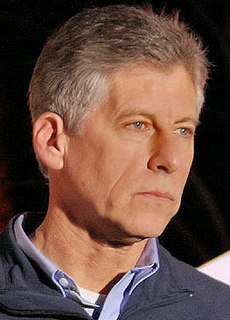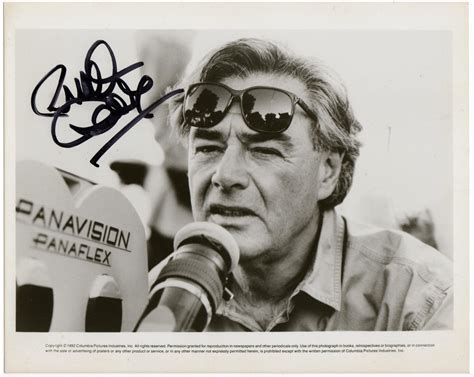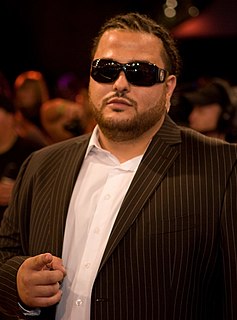A Quote by John Edgar Wideman
A lot of people think the best work I've done was nonfiction - the 'Brothers and Keepers' book. But I think of myself as a fiction writer. And I think, if my work is put in perspective, all the books would be a continual questioning of what's true and what's not true, what's documented and what's not documented.
Related Quotes
People are most shocked and most in disbelief that I go to the office every day. I have a job. When I'm not acting on a movie, I go to work, first thing in the morning. I'm at work at 8 o'clock in the morning, and I get home from work at 7 o'clock at night. I treat my job like a job, and I work at it. I think people would probably be most surprised, if I ever calculated up the number of hours I work on an average week and published that. If it was ever documented, I think people would be shocked to find out.
I think that there is a tragic misfit at the core of me, and I've just done a lot of work on myself. I love a good self-help book; I've read a ton of them. I love self-help seminars and therapy and all that. I think that probably, at my core, if I had done no work on myself, I would probably be Laura from The Mysteries Of Laura, but I worked hard to be a more stable person because that's what I wanted out of my life.
I think, about the distinction between fiction and nonfiction. Fiction is not really about anything: it is what it is. But nonfiction - and you see this particularly with something like the BBC Samuel Johnson Prize for Non-Fiction - nonfiction we define in relation to what it's about. So, Stalingrad by Antony Beevor. It's "about" Stalingrad. Or, here's a book by Claire Tomalin: it's "about" Charles Dickens.
There's this quote by a writer, Emil Cioran, he's a Romanian writer. He says that you should only put things in books that you would never dare to say to people in real life. So there is that feeling of acute embarrassment, or that you've been too revealing. I think it's some kind of survival mechanism where I never think of the reader, ever. Because then I would start censoring myself.






































